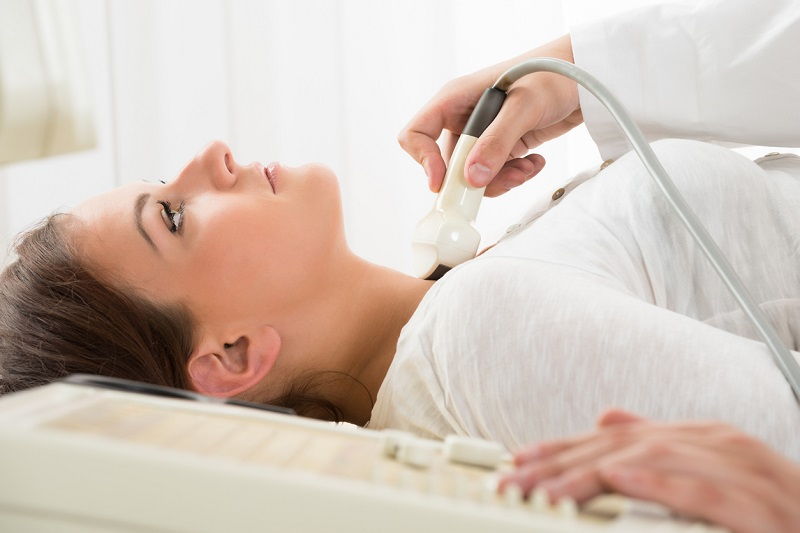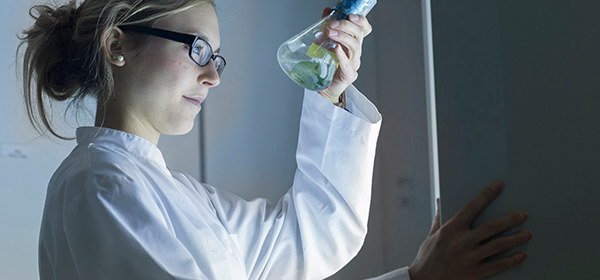Quirónsalud Marbella Hospital, pioneering the use of PTeye technology for thyroid and parathyroid gland surgery amongst Andalusian private hospitals

Quirónsalud Marbella Hospital is the first hospital of the Andalusian private hospital network to introduce the PTeye™ system to detect parathyroid glands in thyroid surgery. The benefits that this surgical procedure brings over more conventional techniques stems from its precision and the preservation of healthy tissue. Doctor Dieter Morales, a Specialist of the Endocrine Surgery Unit of our Malaga hospital states that "the emergence of PTeye™ represents a major development in endocrine surgery, as one of the most prominent drawbacks we find with this type of surgery is accidental damage to the parathyroid glands".
The parathyroid glands are four very small structures very closely connected with the thyroid gland and their main role is to regulate calcium in our body. Identifying and discriminating them is crucial for the patient, as any damages could derive in hypoparathyroidism, which would lead a patient to require medication for life in order to regulate calcium. In some cases, the condition could even derive in the worsening of an existing osteoporosis.
 PTeye™ uses fluorescence to help surgeons identify and confirm the location of the parathyroid tissue during surgery, thus contributing to adopt a more precise approach and to the preservation of healthy tissue. Our expert explains that this probe sends "a signal that helps obtain a precise image of the tissues based on a fluorescent reaction of the parathyroid glands, which is more intense in comparison to the thyroid tissue".
PTeye™ uses fluorescence to help surgeons identify and confirm the location of the parathyroid tissue during surgery, thus contributing to adopt a more precise approach and to the preservation of healthy tissue. Our expert explains that this probe sends "a signal that helps obtain a precise image of the tissues based on a fluorescent reaction of the parathyroid glands, which is more intense in comparison to the thyroid tissue".
The Endocrine Surgery Unit of the Quirónsalud Marbella Hospital is a pioneer in the incorporation of this technology to the daily routine of all thyroid surgical procedures and in parathyroid adenoma (benign tumour). Although the potential of this new device was tested at the end of 2024, the hospital has only brought the results to light. In fact, the hospital will share and analyse its expertise at the forthcoming Conference of the European Society of Endocrine Surgeons that will be held in Turkey this May.
This development, together with the regular monitoring of the recurrent laryngeal nerve and the use of last-generation haemostasis devices, vocal cord ultrasound as well as the work of a cross-functional team, together with other professionals such as endocrinologists, pathologists, oncologists and radiologists, situate our hospital at the forefront of innovation. In the same way, the hospital makes a remarkable use of the new technologies for the treatment of thyroid, parathyroid and suprarenal conditions as well as being highly specialised in complex surgery and thyroid cancer surgery.
The Endocrine Surgery Unit is part of the General and Digestive Tract Surgery Unit led by Doctor Enrique Aycart. The unit is made up of ten surgeons, and represents a strategic unit within the hospital. It is very active with procedures exceeding 1,000 per year. The hospital has implemented the latest technologies and is fully applying laparoscopic surgery to all the areas of this speciality, such as malign and benign hepatobiliary pancreatic conditions, colorectal cancer, reflux and hiatal hernia, surgery of the suprarenal glands, inguinal hernia and of the abdominal wall. Many of these procedures are performed at the Outpatient Major Surgery Clinic where patients are submitted to the procedure and released from hospital on the same day.
Doctor Dieter Morales is an Associate Professor of the Malaga University, European Board in Endocrine Surgery and A&E Surgeon, a speaker representing Andalusia in the Endocrine Section of the Spanish Association of Surgeons and current President of the Spanish Chapter of the American School of Surgeons.






















